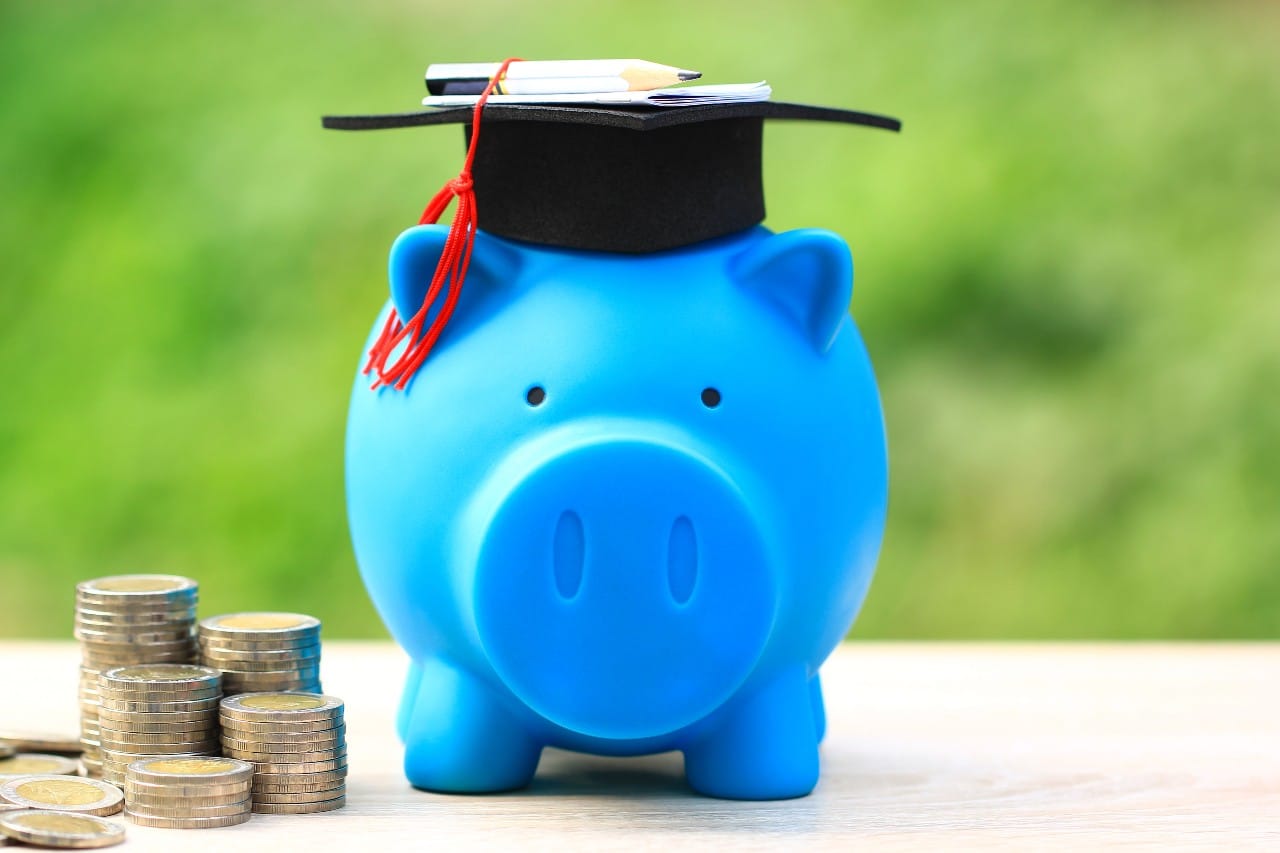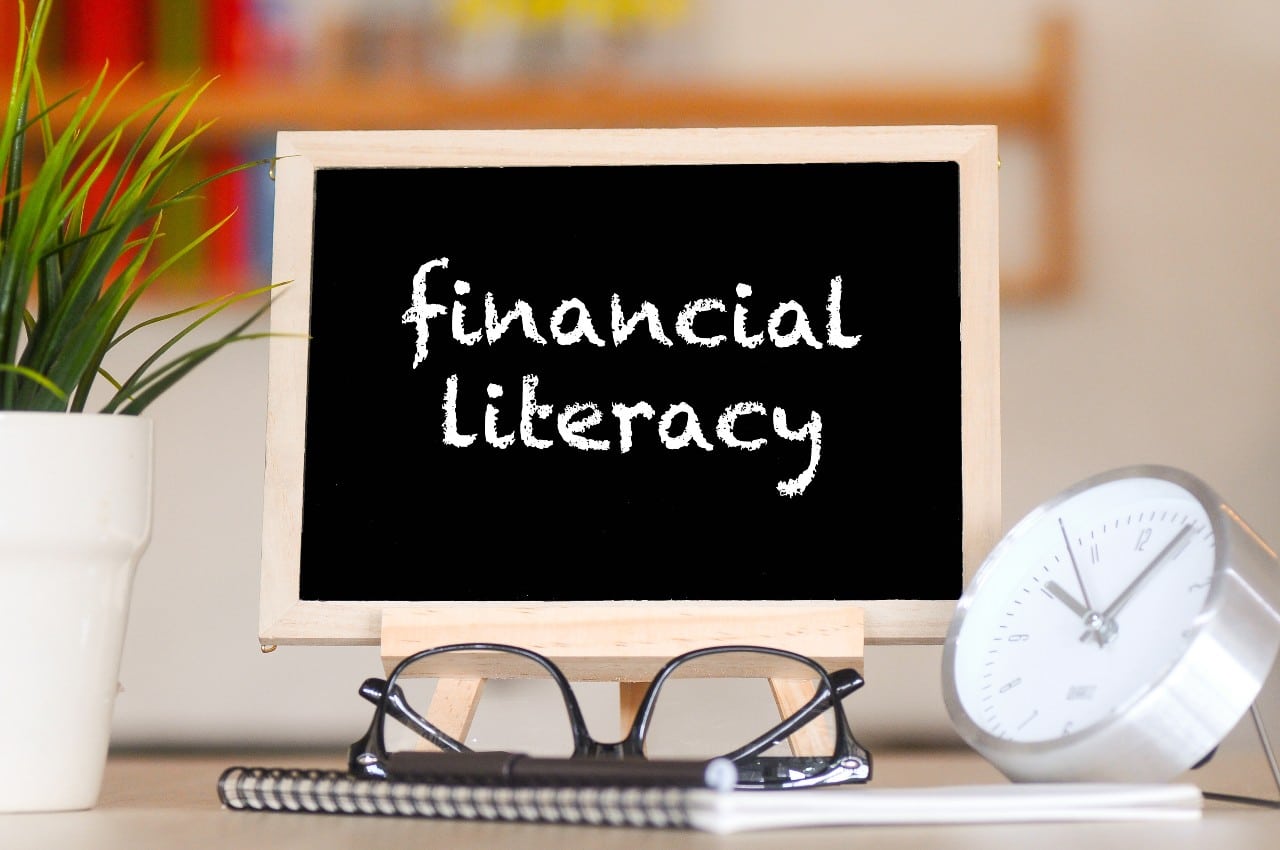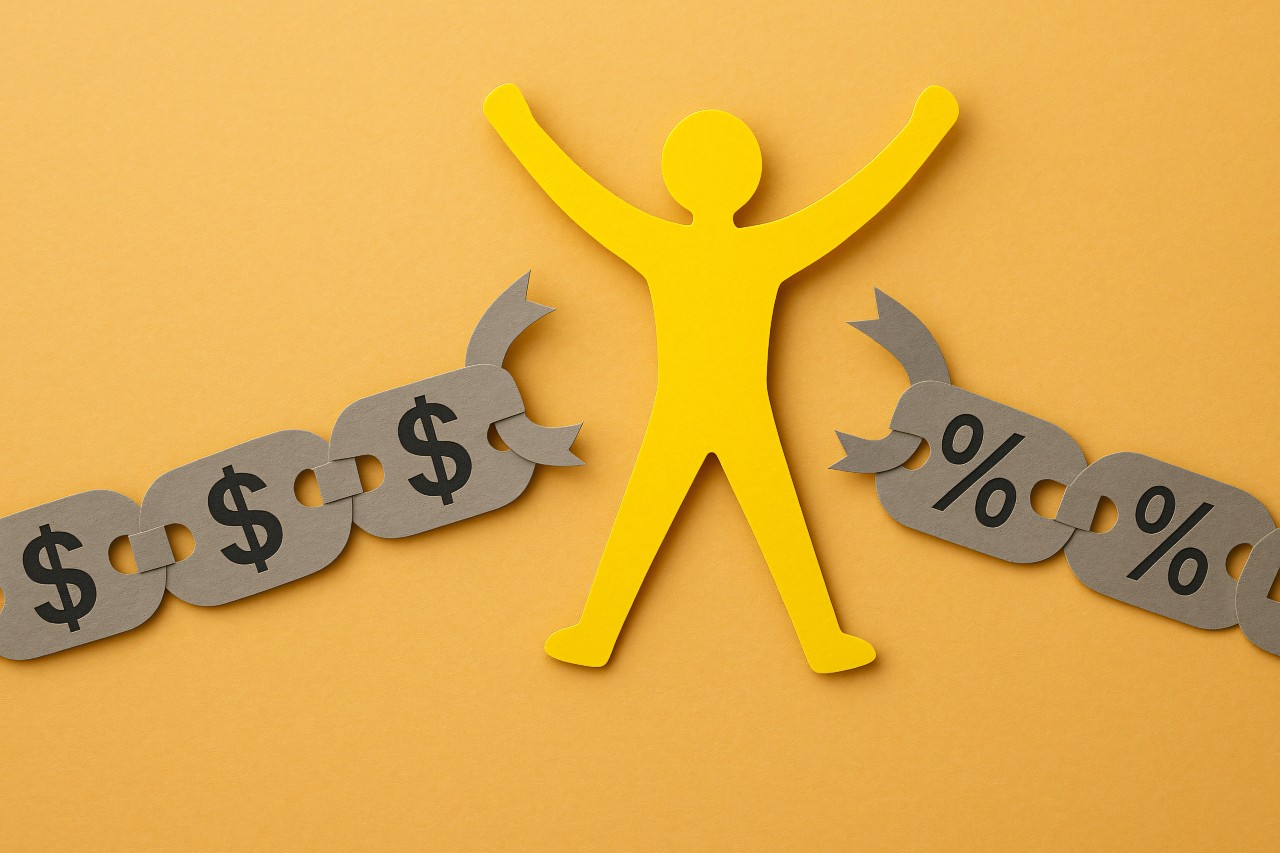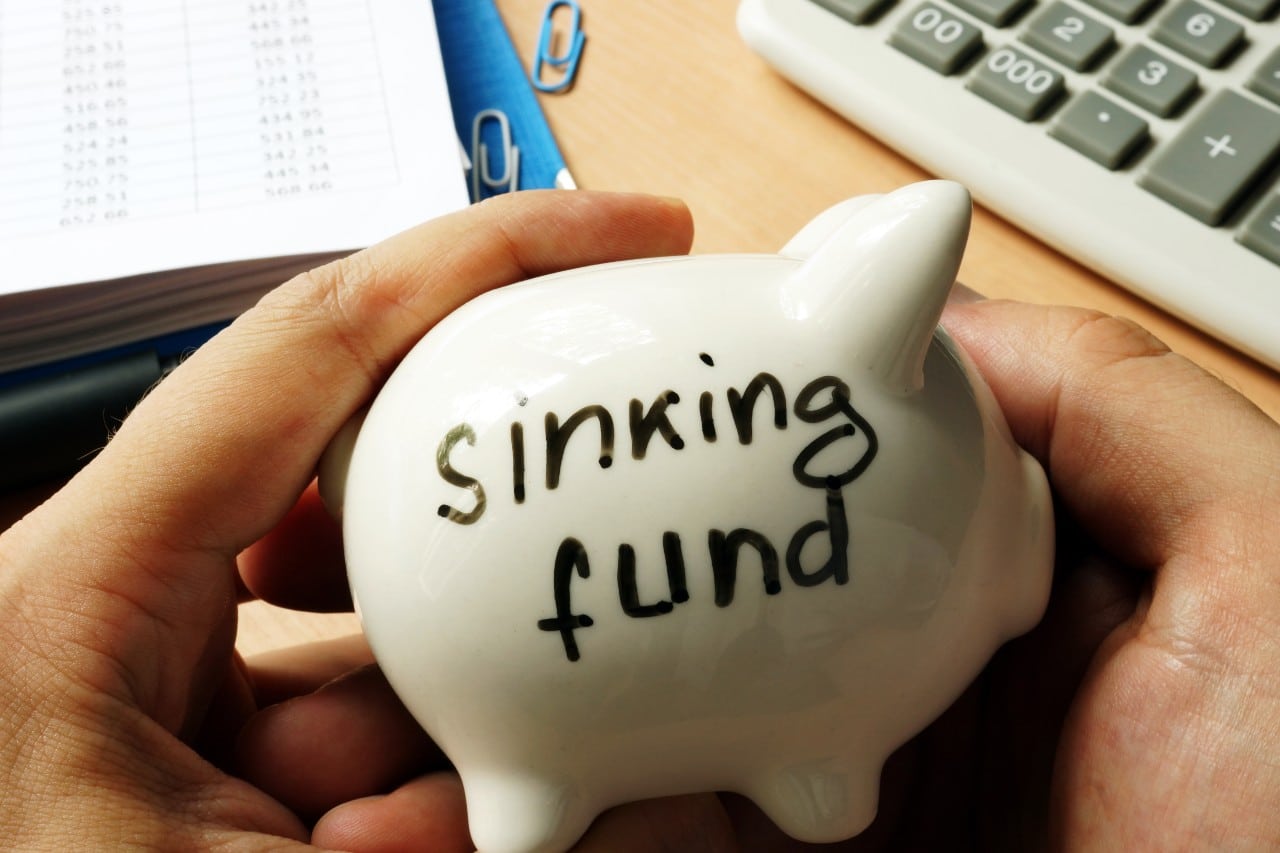As we continue our series on women’s finances for Financial Literacy Month, today we are focusing on managing debt. We want women to be equipped with the right tools to take control of their financial health. Knowing how to manage debt well is one of the useful tools in a person’s financial toolbox.
The average Canadian owes $73,500 in debt. A daunting number that is the reality for many. Indeed, 73% of Canadians live with debt. Women are disproportionately affected by the state of their finances. Forty-two percent of women are worried about their finances, while for men, it is 35%. Women also have lower scores of financial literacy than men and are less likely to consider themselves financially knowledgeable.
During recessions and times of economic instability, women are more likely than men to retain their jobs. Of note, households often cut discretionary spending in such times, with the bulk of associated labour like cooking and childcare falling to women.
While they are likely to hold on to their jobs, they are also more likely to take on extra unpaid labour in the house. Overall, the total work burden for women increases during a recession.
Even when it comes to making purchases, women face the “Pink Tax”. This is when goods and services targeted to women cost more than equivalent products that are marketed to men. This can range from shampoos and razors to business apparel. This higher cost of living makes managing debt even more important.
Managing Debt
In order to manage your debt, you need to first take a look at the kinds of debt you have, and what kind of interest rates you’re paying. You should also check the estimated timelines for paying off your debt, so you’re aware of the larger picture.
Understanding the different types of debt
Whether debt is in the form of a mortgage, a car loan, student loans, or credit card debt it affects your credit score and budget in different ways.
For example, a mortgage is a fixed sum you have to pay every month. However, this money is going towards building an asset for you and your family. This is a very common form of secured debt. On the other hand, credit card debt is considered “bad debt” due to the high interest rates, and the money not being used towards assets.
Debt data gathering
Mortgages and student loans are fixed payments on a clear schedule, making it easy to know exactly when you will be debt-free. On the other hand, credit card debt can have a varying timeline depending on whether you make minimum payments or put down more. Spend some time with a credit card calculator to see how larger payments can drastically reduce the time and costs required to pay it off.
Cut down on spending
Cutting down on spending is especially important for discretionary purchases and expenses related to lifestyle inflation. While it is tempting to have new things or upgrade items you already have, remember this is only temporary. Once you’re debt-free, you will have more room in your budget for such purchases. As a bonus, you will also have peace of mind, knowing that you can pay it off in full every month.
Budget prioritization
Using goal setting as your first budgeting task can be highly effective. Whether your goal is to save for a house, pay off debt, or build an emergency fund having a goal in mind as you create your budget will keep you focused. This focus will guide you throughout your financial decision-making process. Goals often serve well as a way to keep you on track during those times when the temptation to stray comes around.
Paying down Debt
Debt payment prioritization
Credit card debt should ideally be the first target. They have very high interest rates in comparison to other debts. That being said, depending on your circumstances, it may be worthwhile saving up a small emergency fund before tackling credit card debt. Having these funds set aside will go a long way to stopping a debt cycle. Instead of taking on debt because of a setback, you’ll have the funds to pull you through and can rebuild on your own timeline. One way to do this is to, for a short time, pay only the minimum on your credit card and put all extra funds away into your emergency fund. Once you have a decent nest egg set aside it’s time to move on to paying off your credit cards.
Debt payment system
There are many strategies and methods people use to pay off credit card debt, for example,
- snowball method
- envelope method
- avalanche method
Do spend some time doing some research on these methods and strategies. This will help you find what works best for your personal situation.
Use tracking apps or spreadsheets
If you’re tech-savvy, you can use apps to track your spending and debt payments. Mint is a popular tool with free and paid tiers. The free section is good to start with, especially if you’re in debt and don’t want to increase your expenses. If you’re data-oriented, a spreadsheet is excellent for managing your debt, as well as, your finances overall.
Be a savvy shopper
Find ways to save money in whatever areas you can, be it cashback, coupons, or rebates. Some credit cards offer lower interest rates or cashback. With some research, you may find that it makes sense to switch your necessary spending to these cards, while regularly paying off the higher-interest debt.
To combat the “Pink Tax,” try and find gender-neutral products, or those targeted to men, if possible. In most cases, you will be able to find the quality and ingredients you’re looking for. For example, use men’s razors or deodorants instead.
“Fun money” spending critique
It is important to pay down your debt, but having an iron grip on your finances isn’t ideal either. It’s about finding a balance where you get to enjoy your hard-earned money while keeping your finances in check.
When possible, try and switch to a lower-cost option. For example, instead of getting regular manicures, you can try to do your nails at home. If designer wear is important to you, try shopping at thrift stores.
Any money you save can be put toward your debt payments.
Save money on groceries
Food is a necessity, and inflation is currently out of control in terms of grocery prices. Some places will still price match. Most large chains will have flyers or weekly deals for many products. There are apps like Flipp that can help you track these deals. Plan you’re menu around what deals you can get. While executing these tips takes a little more time, it can help drastically cut down your grocery bill.
Get your family involved
Get family members on board with your payment plans and mindful spending. With everyone making a joint effort, it will get easier to see changes immediately. Once they are on board with your plan, they will also understand the importance of cutting down temporarily. Who knows, it might even become a fun challenge and make the process significantly easier for you.
You might just find they develop an interest in financial literacy. This would certainly be a win-win, both for now and for the future of your finances.
Making finances a family affair can go beyond helping your immediate household. Normalizing talking about finances will eventually help close the gender pay gap. For example, more women will become comfortable with asking for the pay they deserve and more men will feel compelled to ally with women for fair wages.
Key Takeaways
Carrying excessive debt causes stress: not just financially, but also mentally. More than anything, paying off debt will bring you a measure of peace, and eventually, stability. Each little step or decision counts.
Once you start paying it off, you will fall into a rhythm of making conscious decisions before making any purchase. This will help you pay your debt off even faster and prevent going into debt in the future.
If your debt is more than these tips can handle, reach out for a consultation with us if you need help getting started on the road to debt-free living.










